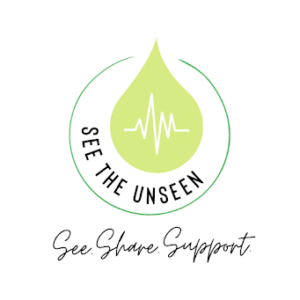If you are reading this, then I fooled you. I hooked you with a catchy, untruthful, editorialized headline because all I want to do is increase traffic on this website.
There was a time when headlines told readers exactly what the story was about without trying to coerce random additional clicks. News organizations prided themselves with great, accurate headlines that explained the story in as few words as possible.
Now those headlines sharply contrast with clickbait – headlines that tease readers into clicking by implying that they will be shocked, amazed, uplifted, or rewarded.
Clickbait rarely rewards the reader with what the headline implies. At best, clickbait leads to regurgitated links of animal videos or cutesy blog posts. At worst and more often, clickbait is a deceptive sham that spits out hyped-up disinformation.
Clickbait is a scheme intended to increase a website’s views so the website will receive more advertising revenue. Clickbait should be disheartening to readers because it deceives them into clicking and thus wastes valuable time and often leads to frustration.
Clickbait started from smaller websites and blogs in order compete with the big Internet players. Now, in the highly saturated online world, more and more legitimate news outlets from CNN to local TV stations are using the tactic.
A good article shouldn’t fool you into clicking it – the article should be good enough to stand on its own without resulting to conniving tactics. News organizations should show more pride in the story, themselves and the organization to trust that an accurate headline will receive adequate views.
Ultimately, the responsibility falls to you – the reader. Websites wouldn’t use this tactic unless it worked and it does work. We usually know better but we still click. We tell websites that we are, in fact, unintelligent enough to click on a link that is sure to be a scam, and many times we share that scam. We post those links on our own Facebook pages. We as a society are better than that.
Please let’s stop clicking on the “believes” and “shocks” headlines and tell websites we don’t like being deceived into clicking.













Be First to Comment